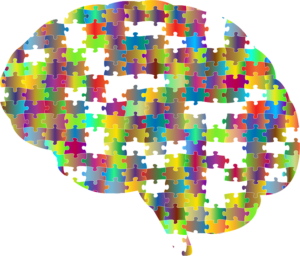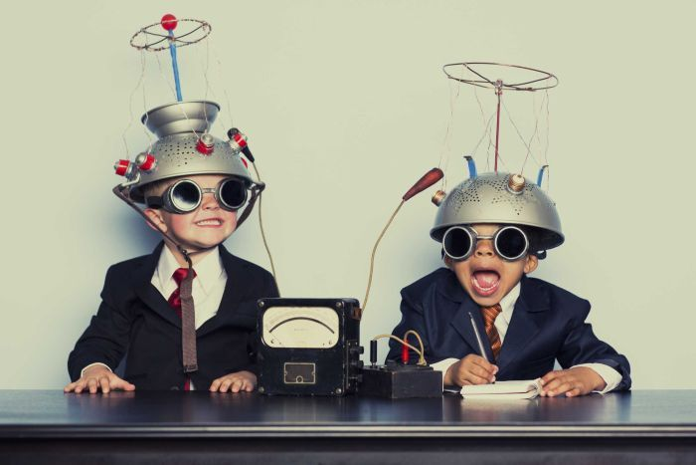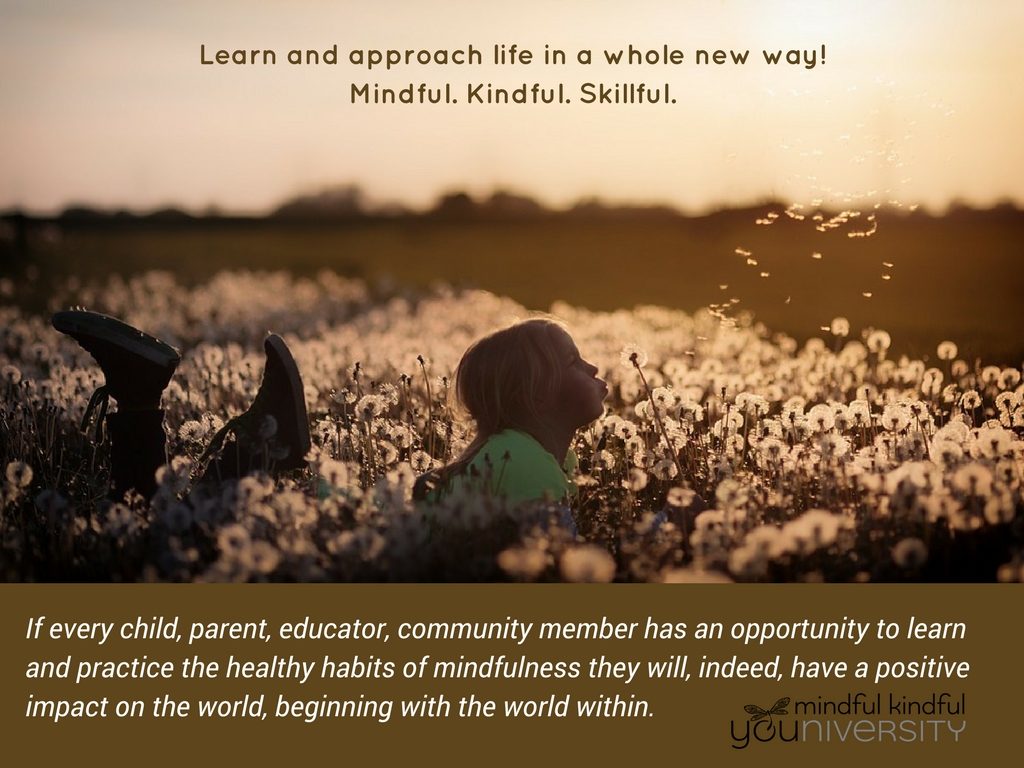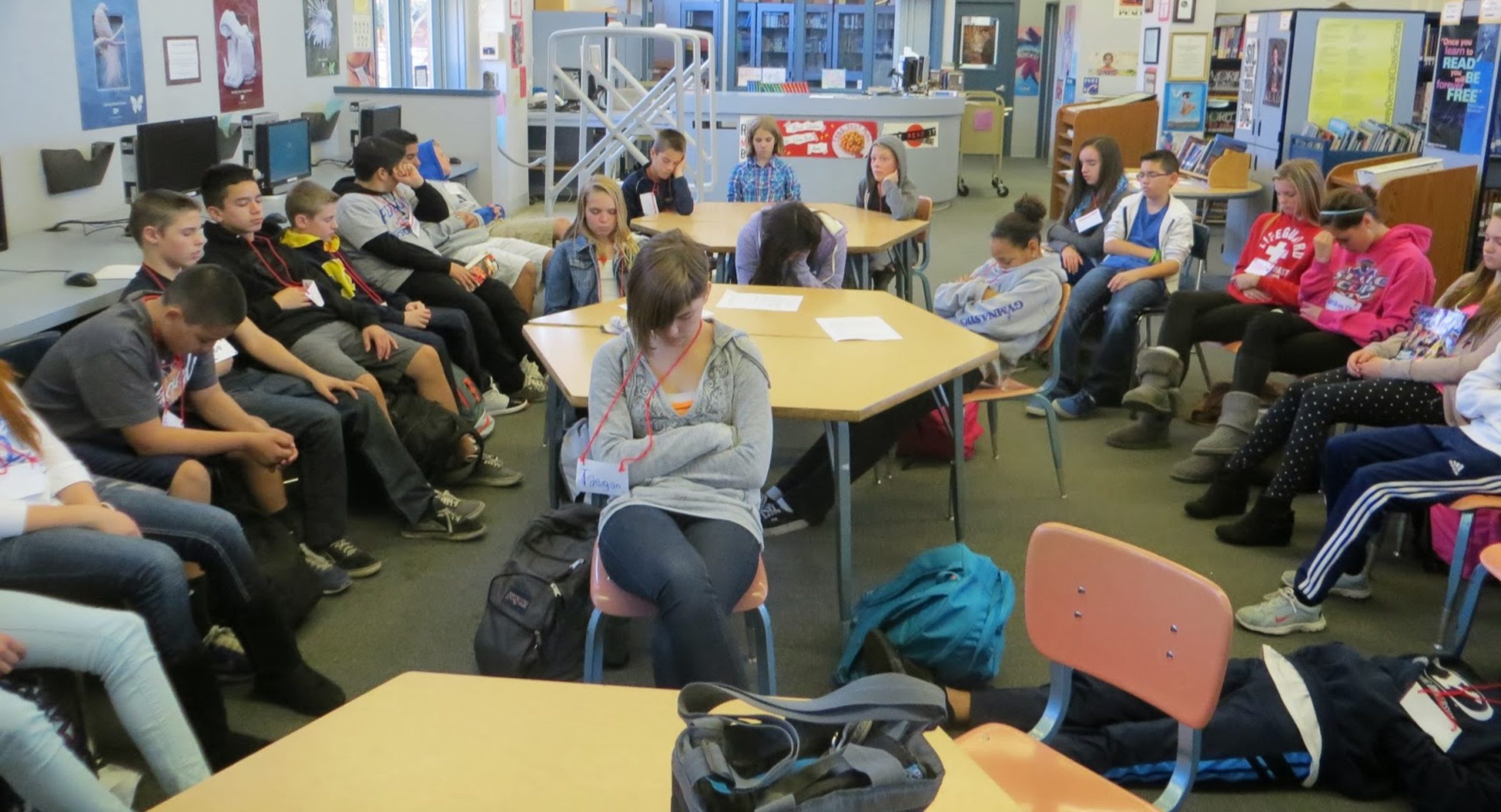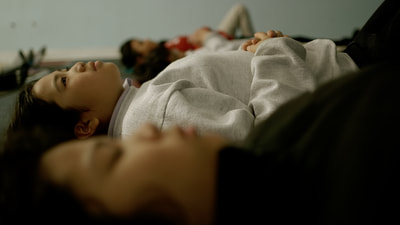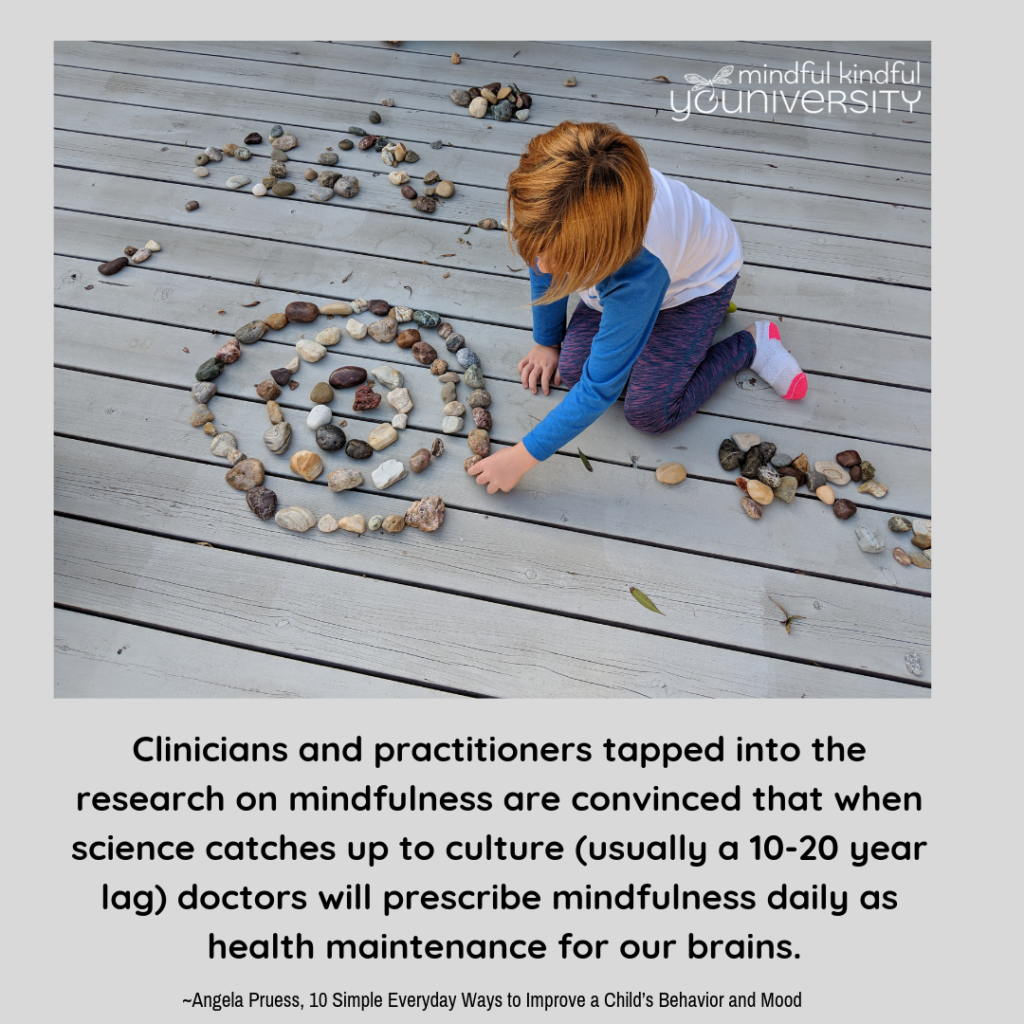Mindfulness In Education?
~ Skills for the 21st Century ~
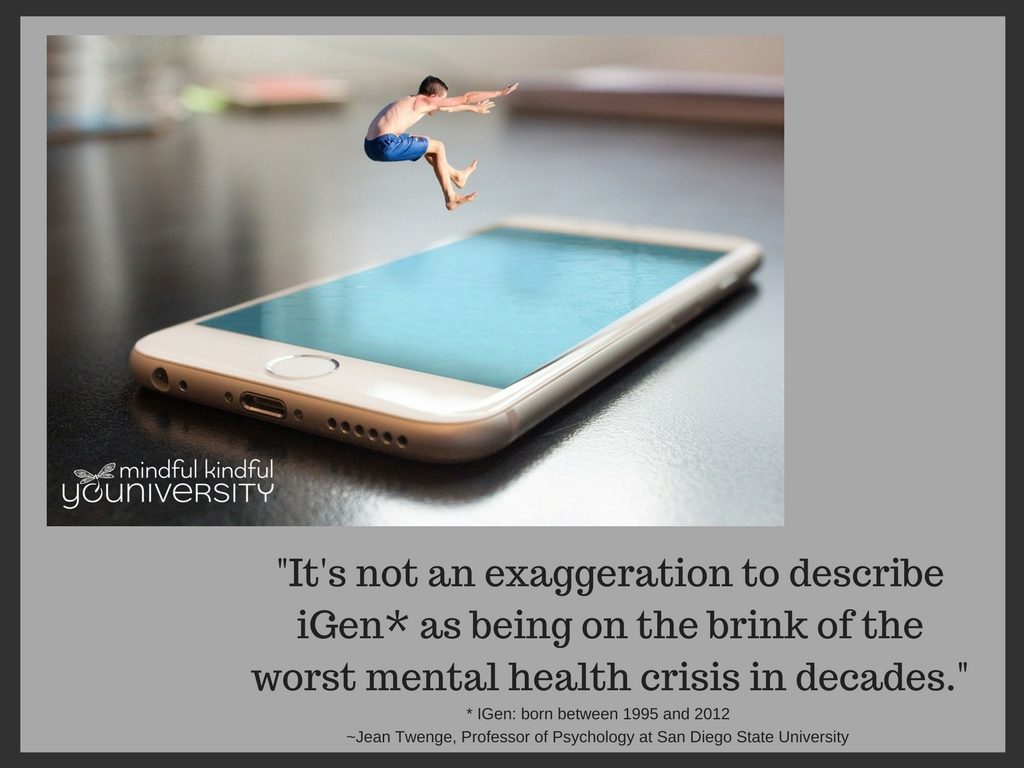
What’s 21st CENTURY SKILLS got to do with education?
Some of you may question why we should be even be considering teaching mindfulness in schools. I happen to agree with those who feel education needs to be seriously transformed. Those proponents feel we are failing to include “21st century skills” in our school curriculums, yet these are the life skills, work habits, and character traits that have been found to be critically important to success in today’s world. If we are truly preparing youth for their future, it is important to cultivate these life skills in school and at home.
What are the 21st century learning and life skills? Here are a few, not unlike those we saw for Social Emotional Competencies:
- Flexibility, Adaptability
- Critical thinking, problem solving
- Creativity, curiosity, imagination
- Perseverance, Resilience, self-discipline, adaptability, initiative
- Communication (speaking, listening, awareness)
- Social Skills, collaboration, cooperation
- Leadership
- Health and wellness
Patricia Jennings, author of “Mindfulness for Teachers: Simple Skills for Peace and Productivity in the Classroom” wrote in her book:
“Today there is a great deal of talk about 21st century skills. (T)wo factors rarely mentioned are adaptation and resilience. It’s a good bet that our children will need to be adaptive to succeed in their constantly changing economic, social, and cultural environment. Children’s brains are incredibly adaptive and resilient, but our current education system does not cultivate these faculties. Rather our schools drum out these gifts through an emphasis on rote learning and rigid, fact-based testing. Furthermore, in most cases, our classrooms do not mirror how adults typically work in our modern economy. Most high level work today in every sector of our economy involves collaboration of individuals with interdisciplinary teams who have a variety of skills and abilities and coordinate their efforts to analyze and solve problems to create innovations. This work requires a high degree of social and emotional competence, creativity, and higher order thinking. Because of the constantly changing social, cultural, and economic landscape, it also requires flexibility and adaptation.”
What’s STRESS got to do with education?
The challenge? Stress. Chronic stress. According to the World Health Organization, stress/anxiety is the health epidemic of the 21st century. Adults. Teens. Children. No one is immune. It shows up in different ways and for different reasons with different people. If you aren’t impacted personally, you likely know someone who is.
The following is from The Child Stress Epidemic:
“One in five children in the United States is growing up in what we call “the context of adversity” — a stressful environment characterized by poverty, chaos, or exposure to violence — and this context has profound effects on their neurological development. There is a connection between adversity and academic underperformance, a biological one that education reform efforts to date have failed to unpack and address successfully.”
“Studies show that children who have suffered from traumatic stress are more likely to have issues with attention, concentration, irritability, and organization. One child in a classroom with these attentional and behavioral challenges will often disrupt a lesson. Now, imagine 30 children with these kinds of struggles; they can shut learning down for everyone. Then consider that there are 47,000 schools in America located in high-poverty communities, where many more children struggle with adversity.”
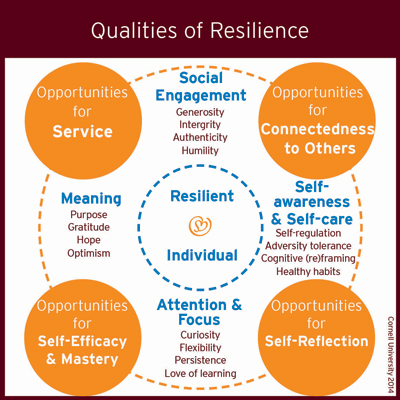
From ACEs too High
“Many of our students have experienced some form of trauma. “The ACE Study looked at 10 types of childhood trauma: physical, emotional and sexual abuse; physical and emotional neglect; living with a family member who’s addicted to alcohol or other substances or who’s depressed or has other mental illnesses; experiencing parental divorce or separation; having a family member who’s incarcerated, and witnessing a mother being abused. Other subsequent ACE surveys include racism, witnessing violence outside the home, bullying, losing a parent to deportation, living in an unsafe neighborhood, and involvement with the foster care system. Other types of childhood adversity can also include being homeless, living in a war zone, being an immigrant, moving many times, witnessing a sibling being abused, witnessing a father or other caregiver being abused, involvement with the criminal justice system, attending a zero-tolerance school, etc.
The ACE Study found that the higher someone’s ACE score – the more types of childhood adversity a person experienced – the higher their risk of chronic disease, mental illness, violence, being a victim of violence and a bunch of other consequences.
The ACE Study also found that it didn’t matter what the types of ACEs were. An ACE score of 4 that included divorce, physical abuse, an incarcerated family member and a depressed family member had the same statistical health consequences as an ACE score of 4 that included living with an alcoholic, verbal abuse, emotional neglect and physical neglect.”
The following is from Mindful Schools, where I received my certification training:
“Healthy stress is a natural part of life, including childhood. Children and adults alike need to be challenged in order to grow and develop. However, in the modern education system, healthy stress is frequently displaced by toxic stress. Toxic stress occurs when life’s demands consistently outpace our ability to cope with those demands. Toxic stress impairs attention, emotion and mood regulation, sleep, and learning readiness daily in American classrooms. Even more troubling, prolonged exposure to childhood toxic stress has lifelong impacts on mental and physical health.
Toxic stress is challenging to work with because our stress response taps into some very old survival hardware in our evolutionary biology. When a 4th grader reports that she felt she “was going to die” from test anxiety, she’s telling the truth. The responses of her autonomic nervous system are the same whether she’s taking a math test or sensing actual physical danger.
Even children who have not suffered adverse childhood experiences may struggle with frequent “mismatches” between the severity of a stimulus (a routine pop quiz) and their response (loss of peripheral vision, sweating, nausea, terror and immobility). In children suffering from trauma, these “mismatches” become chronic and habitual.
“When we look at low performing schools it’s not that these children are unable to learn, it’s that very often they are unavailable to learn.” ~Jean-Gabrielle Larochette, elementary school teacher
What’s MINDFULNESS got to do with education?
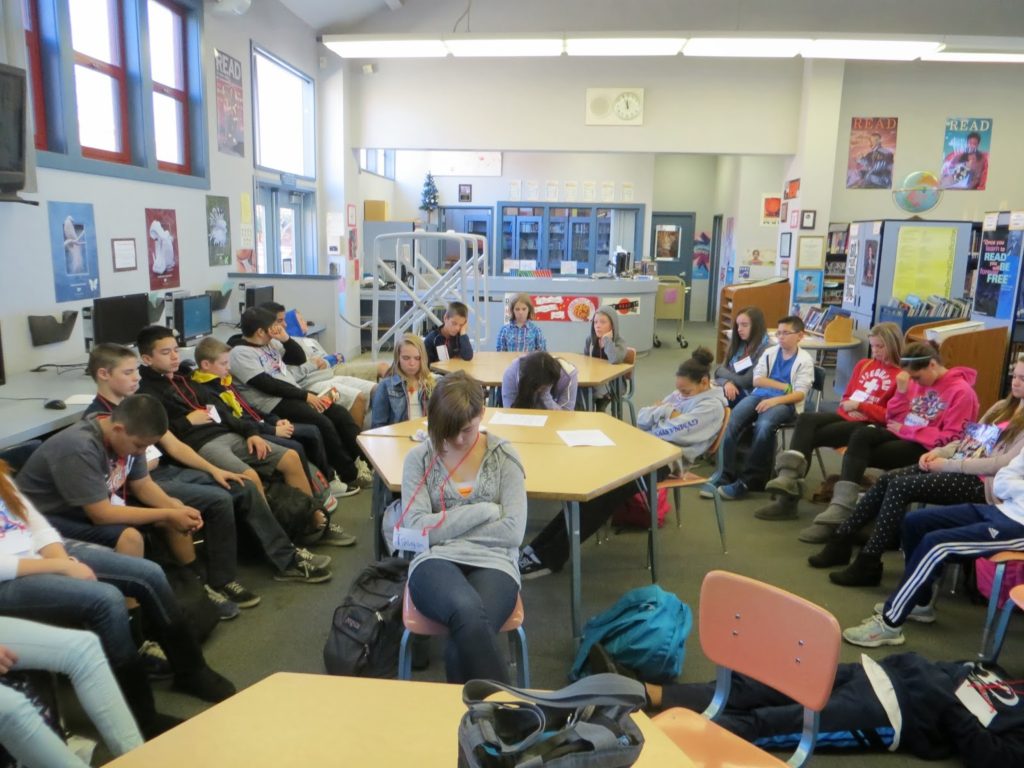
So we have stress at an all time high. What’s the solution? Teach the skills to cope, become adaptive to changing times, and become resilient, thereby being able to access learning.
Here is more from Mindful Schools:
Because the roots of toxic stress lie deep in the nervous system, we need tools that go beyond the conceptual mind to directly target that system. To transform our habitual responses, we need to regularly practice our skills when we are not in “fight – flight – freeze” mode.
Two forms of training as the foundation for teaching other methods of stress management, emotion regulation and interpersonal skills:
The Development of Mindfulness: The development of mindfulness, a moment-by-moment awareness of our thoughts, emotions, sensations and surrounding environment.
The Development of Heartfulness: The intentional nurturing of positive mind states such as kindness and compassion.
Many of our children in school are not in the state of mind to absorb learning because they are in a chronic state of stress. Our emotions are continually changing. Difficult emotions like anger, worry, fear, and stress actually release chemicals in our brain that prevent us from learning, and can make us react and say and do things we didn’t want to. Mindfulness stops these chemicals.
“In discussing how mindfulness practice addresses stress and other problems in education, we don’t want to lose sight of the fact that mindfulness can take us beyond the terrain of managing symptoms to a place where we are developing the deepest capacities of the human mind.”
SOURCE: ~MINDFUL SCHOOLS, MINDFULNESS IN EDUCATION
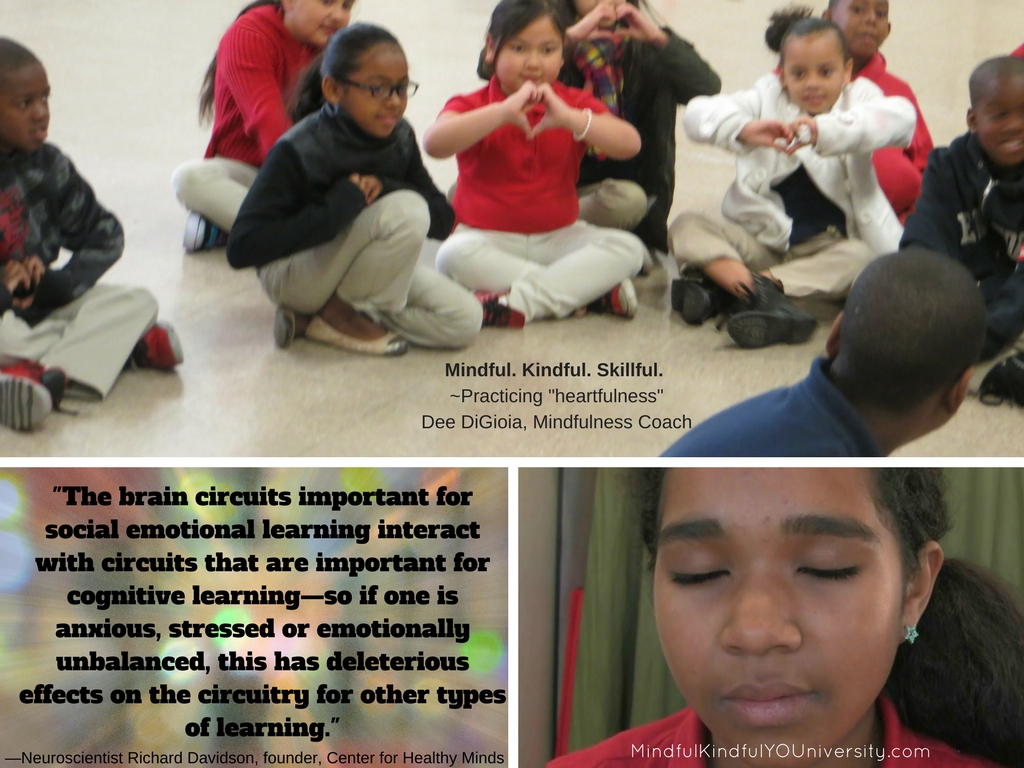
Mindfulness provides a foundation for education because it contributes to optimal conditions for learning and teaching.
Learn more: What is Mindfulness?
Richard Davidson, a neuroscientist and founder of the Center for Investigating Healthy Minds said in an interview:
“First, (the neuroscience research shows that) SEL skills are predictors of major life outcomes – for example: antisocial behavior, health, financial planning and success, and successful interpersonal relationships. The data clearly show that features of emotional intelligence are better predictors of life outcomes than traditional cognitive measures, underscoring the value and importance of SEL.
Secondly, neuroscience teaches us that the brain circuits that are important for SEL interact with circuits that are important for cognitive learning – so if one is anxious, stressed or emotionally unbalanced, this has deleterious effects on the circuitry for other types of learning. These circuits are intricately intertwined, suggesting that emotional balance and good emotional skills are really important for other kinds of learning.
“The circuits that are important for SEL exhibit high degrees of plasticity – these circuits are being constantly shaped by experiences, environment and training – and so the work we do in this space should be more intentional and we should take more responsibility for the healthy development of our children.”
In summary:
Our schools are under-resourced and this is having a detrimental impact on children in our schools today (as well as educators!) For over 35 years in my work with children, I developed an interest in neuroscience to learn how the mind works and reacts to challenges that arise throughout the day while also understanding how outside influences add layers of complexities to the mix, such as having special needs & disabilities, trauma, poverty, divorce, abuse, etc. Having worked on the inside of schools in special education, I can tell you that our schools simply do not have enough resources to effectively address all the ranges of needs. Our youth need to have access to learning the 21st Century Life skills, and since stress is the health epidemic of the 21st century, then it is vital that these life skills be embedded in their learning to become healthy, functioning adults. The more they practice healthy ways of responding to life in times of calm, the more prepared they are to take in higher learning! These life skills essentially provide the foundation for all other learning to take place.
“Research has proven that mindfulness training integrates the brain and strengthens the important executive functions that support emotional and social intelligence as well as academic success. Offering mindfulness (training) for (youth) is a natural way to set them on the right course not only now, but for the rest of their lives!” ~DANIEL J. SIEGEL, M.D. & CLINICAL PROFESSOR, AUTHOR OF MINDSIGHT AND BRAINSTORM: THE POWER AND PURPOSE OF THE TEENAGE BRAIN
~~~~~~~~~~~~~~~~~~~~~~~~~~~~~
Additional resources supporting
“Why Mindfulness in Education”
There’s no shortage of amazing videos and articles to help us understand the benefits of mindfulness
and social-emotional learning as it relates to our youth in schools.
The ones listed on this resource link (above) are just some of my favorites
on the reasons for “why” I teach (and practice) mindfulness.
~~~~~~~~~~~~~~~~~~~~~~~~~~~~~


Sm’Heart Skills: The essential education for responding
more skillfully to life in the 21st Century!
Mindful ~ Kindful ~ Peaceful
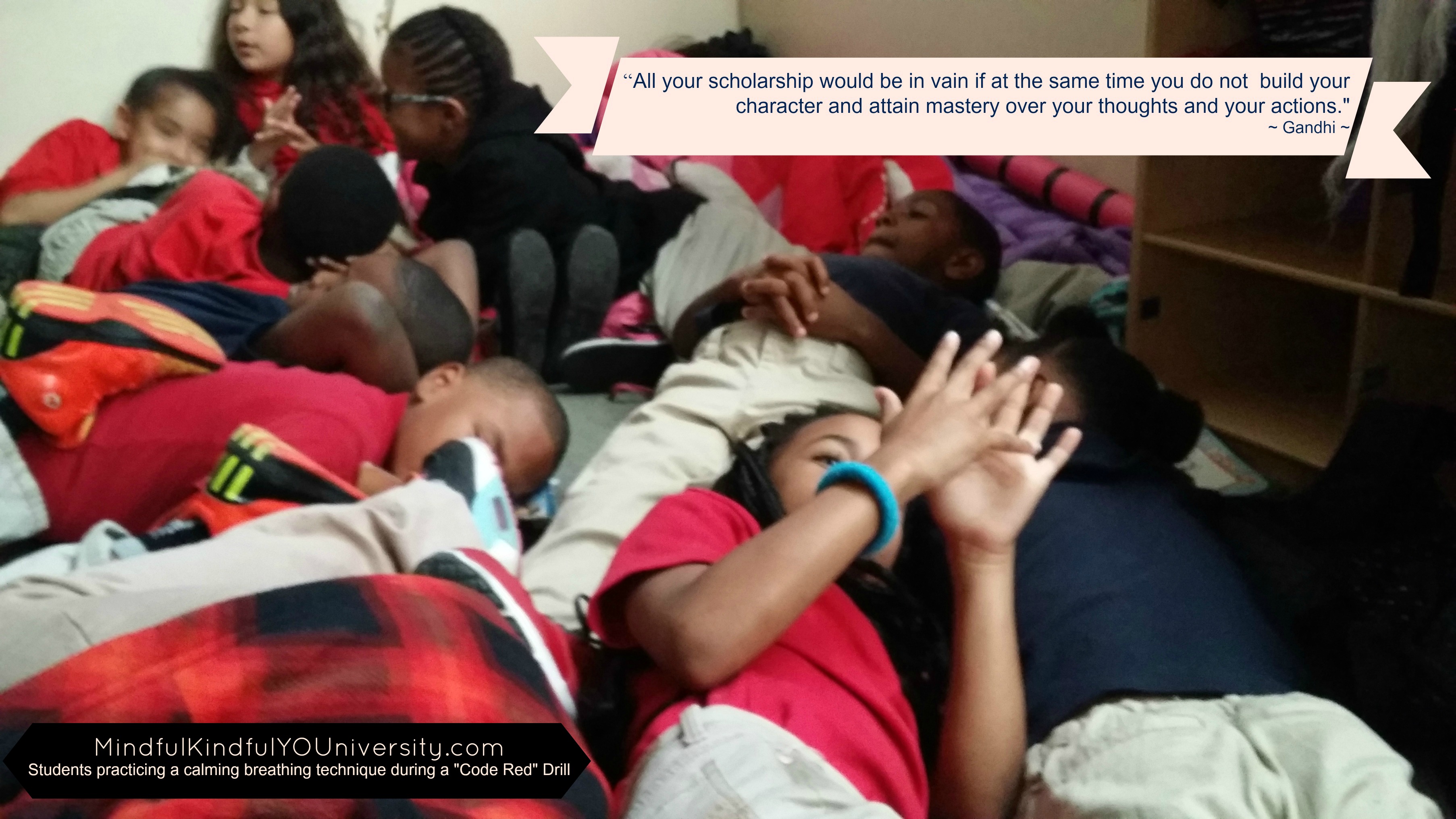


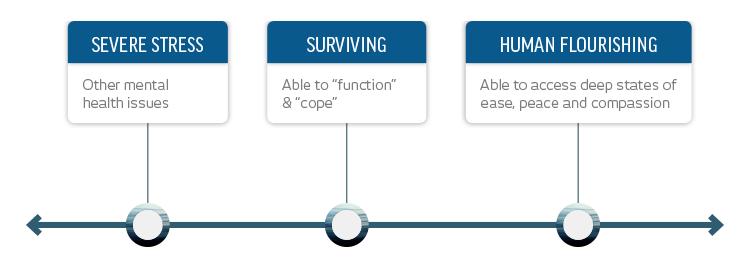
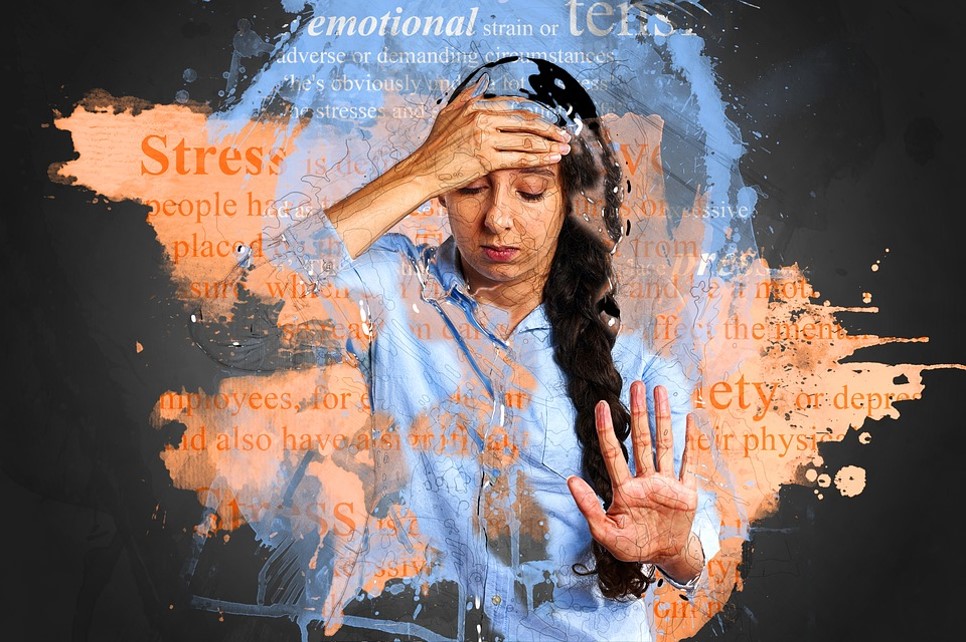

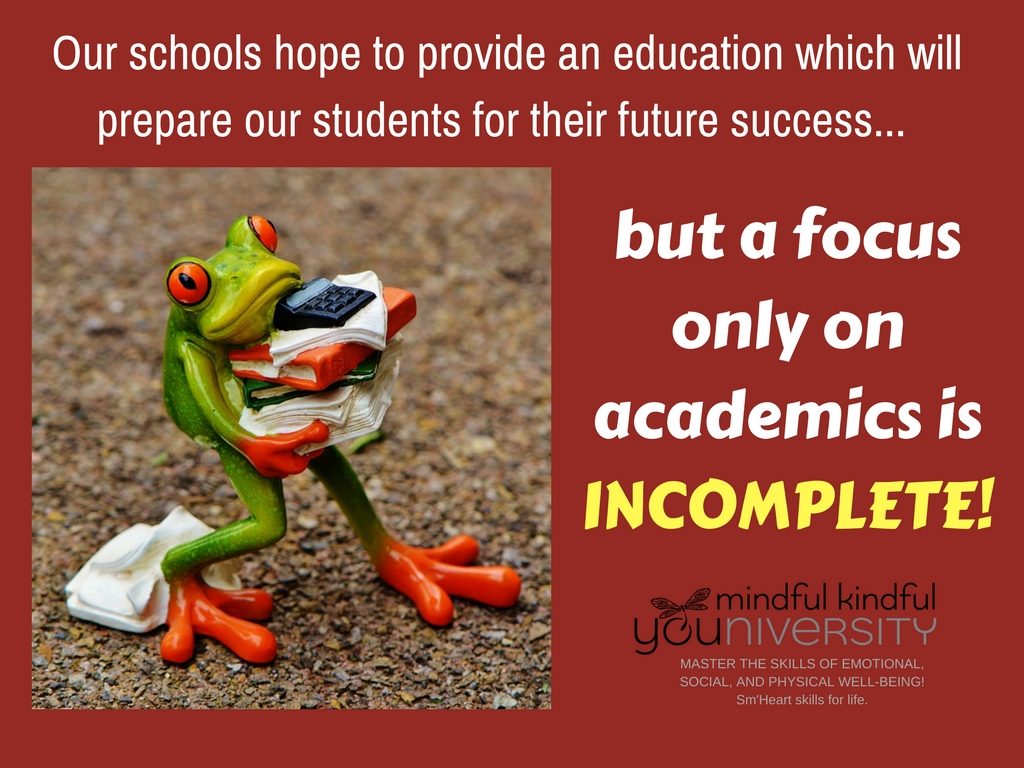
 Felt like you needed a break and just want everyone to leave you alone because you are exhausted, overwhelmed, STRESSED?* Most participants in the workshops raised their hands for each of these questions, sometimes raising both hands, or standing up, for emphasis! We had a good laugh over it… and then faced the reality. Any one or more of these occurring regularly in our lives may have a negative or consequential impact on our lives.
Felt like you needed a break and just want everyone to leave you alone because you are exhausted, overwhelmed, STRESSED?* Most participants in the workshops raised their hands for each of these questions, sometimes raising both hands, or standing up, for emphasis! We had a good laugh over it… and then faced the reality. Any one or more of these occurring regularly in our lives may have a negative or consequential impact on our lives. 